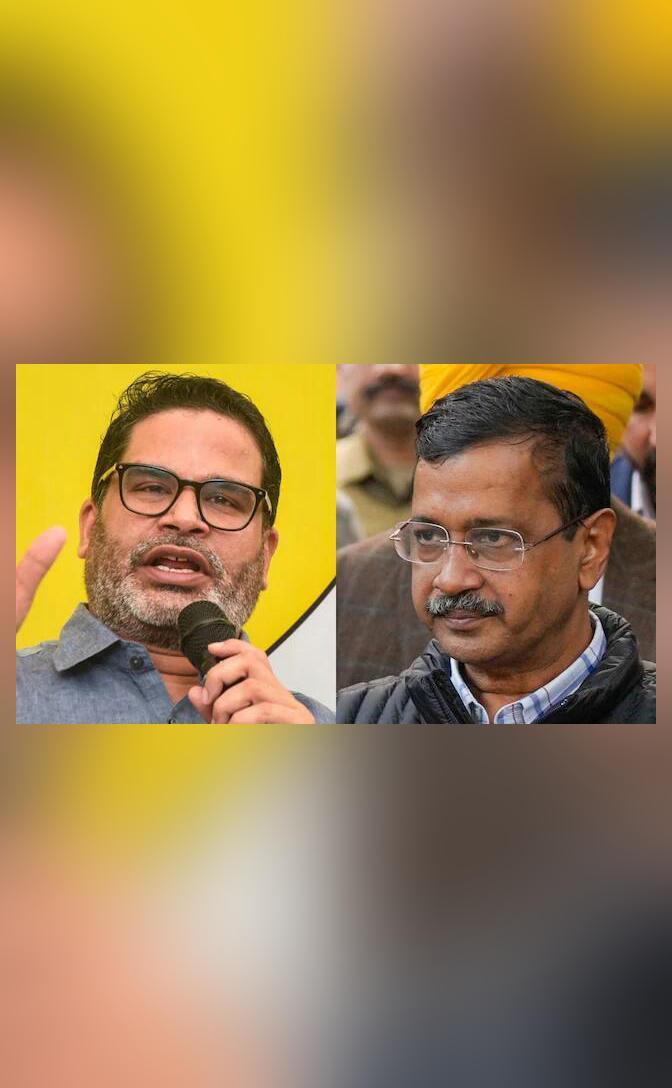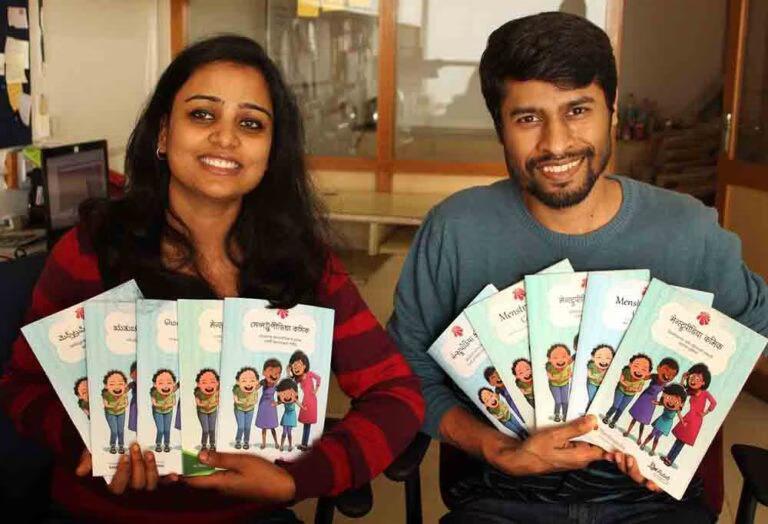
Prashant Kishor Lists Reasons Why Kejriwal & AAP Lost in Delhi Elections
The recent Delhi Assembly elections saw a stunning defeat for the Aam Aadmi Party (AAP) and its leader Arvind Kejriwal. The party, which had been in power for three consecutive terms, failed to win even a single seat. The reasons for this dismal performance have been debated at length, with many pointing to the party’s internal issues, lack of a strong campaign, and the opposition’s united front. However, in a recent interview, Prashant Kishor, a former political strategist who has worked with opposition parties, including the Congress, has listed out some key reasons why Kejriwal and AAP lost the elections.
In an interview with News18, Kishor said that one of the main reasons for AAP’s defeat was Kejriwal’s decision to resign as Delhi Chief Minister after he was granted bail in the liquor policy case. Kishor called this decision “a big strategic mistake” and said that it hurt the party’s chances of winning the elections.
“Resignation after arrest would have been a more strategic move,” Kishor said. “It would have given him a moral high ground and shown that he was willing to take responsibility for his mistakes. But resigning after bail, when he had not been convicted, looked like a desperate attempt to save his skin.”
Kishor also pointed out that the 10-year anti-incumbency factor played a significant role in AAP’s defeat. He said that the party had been in power for three consecutive terms and had failed to deliver on its promises. This had led to a sense of fatigue among voters, who were looking for a change.
“Anti-incumbency is a natural phenomenon,” Kishor said. “When a party is in power for too long, voters start to feel that they are not getting the kind of governance they deserve. AAP was no exception to this rule.”
Another reason for AAP’s defeat, according to Kishor, was Kejriwal’s fluctuating stance on the INDI Alliance. The INDI Alliance was a coalition of opposition parties, including the Congress, the BJP, and the JD(U), which had come together to challenge AAP’s dominance in the elections. Kejriwal had initially decided to join the alliance, but later backed out, citing differences over seat-sharing.
Kishor said that Kejriwal’s wavering stance on the INDI Alliance had hurt his credibility and made voters question his commitment to the party’s values.
“When Kejriwal decided to join the INDI Alliance, it looked like he was willing to work with other opposition parties to take on the BJP,” Kishor said. “But when he backed out, it looked like he was trying to save his own skin and was not serious about taking on the BJP. This hurt his credibility and made voters question his commitment to the party’s values.”
Kishor also pointed out that AAP’s campaign was lackluster and failed to inspire voters. He said that the party’s slogan, “Delhi is my home, I will fight for it,” was weak and did not resonate with voters.
“AAP’s campaign was all about Kejriwal and his personal charisma,” Kishor said. “It did not focus on the issues that mattered to voters, such as education, healthcare, and jobs. The party’s slogan was weak and did not inspire voters to come out and vote for them.”
Finally, Kishor said that AAP’s decision to focus on the national issues rather than local issues was a mistake. He said that voters in Delhi were more concerned about local issues, such as traffic, water supply, and garbage disposal, rather than national issues like Article 370 and the economy.
“AAP’s decision to focus on national issues was a mistake,” Kishor said. “Voters in Delhi are more concerned about local issues, which affect their daily lives. The party should have focused on these issues rather than trying to nationalize the elections.”
In conclusion, Kishor’s analysis suggests that Kejriwal and AAP’s defeat in the Delhi elections was due to a combination of factors, including Kejriwal’s decision to resign as Chief Minister after bail, the 10-year anti-incumbency factor, Kejriwal’s fluctuating stance on the INDI Alliance, a lackluster campaign, and a failure to focus on local issues.
As a former political strategist, Kishor’s insights are valuable and provide a unique perspective on the elections. While AAP’s defeat was a major setback for the party, Kishor’s analysis suggests that the party can learn from its mistakes and come back stronger in the future.






